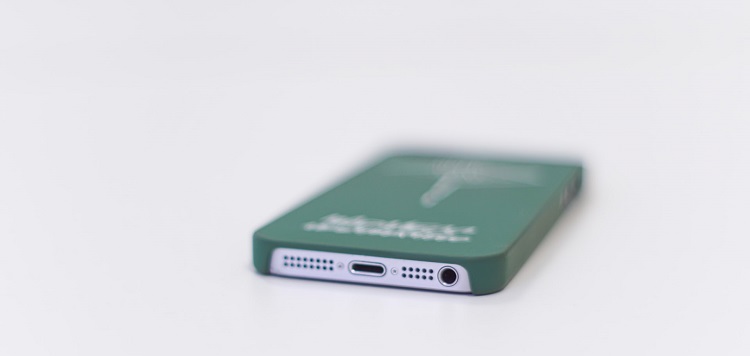Apple has been in the headlines recently for its plans to adopt USB-C for its next iPhone range. Reports have been circulating for months about the tech giant’s move towards the standardization of connectivity formats that are increasingly favored by other manufacturers. However, a more recent development has sparked debate among iPhone enthusiasts.
According to sources, Apple is looking to restrict its best charging speeds to certified cables. The limitations apply to all cable types, including those containing USB-C connectors, which are becoming ever more prevalent across the tech industry. So despite adopting USB-C for its next iPhone range and conceding to new regulations aimed at standardizing mobile device charging cables, Apple is still going to do things on its own terms.
Ming-Chi Kuo’s suggestions
Ming-Chi Kuo is a renowned Apple analyst who has provided insight into the company’s plans for its upcoming products. According to Kuo, while faster iPhone charging will be possible through optimization, it will only work when a plug or cable carries the MFi (Made for iPhone) tick of approval. This development means that even if you own another device capable of providing faster charging speeds, it will only be unlocked if it is Apple-certified.
Current charging speeds of iPhone models
As it stands, the iPhone 14 and 14 Plus already support a charging speed of up to 20W. This differs from the Pro models as they have a charging speed of up to 27W. This leaves users waiting quite some time to fully charge their device if they are using a non-certified cable. The good news is that there are Apple-certified cables available that allow fast charging speeds. However, it’s worth noting that these are usually more expensive than third-party alternatives.
Apple’s restrictions on third-party cables
Apple has had restrictions on third-party cables and other unauthorized accessories in place for several years. Though this might be inconvenient for some users who would rather save money by buying cheaper alternatives, these limitations provide safety measures for Apple device users. In the past, many instances have occurred where cheap knock-off chargers caused safety hazards, such as electrocution, fires, or even explosions. By having restrictions in place, Apple ensures that users only use MFi-certified products, which guarantees safety and reliability.
Apple’s Response to EU Standardisation Ruling
After years of consultation and speculation, the European Parliament passed a law at the end of last year which requires all tech manufacturers to ensure that mobile and portable devices released from the end of 2024 use USB-C for charging. The aim of this law is to standardize the format so that users only need one charger and cable for multiple devices, be it a camera, handheld game console, phone, or tablet.
After initial reservations about the ruling, Apple confirmed in a press statement that it will switch to USB-C for its devices. This move was welcomed by many users and mobile tech enthusiasts who seek a universal charging cable that they can always rely on.
In conclusion, although Apple has agreed to embrace USB-C for its new line of iPhones, the company still aims to have control over their terms. These terms include the use of certified cables and accessories for users to take full advantage of its fast charging technology. Users should be mindful of Apple’s restrictions on charging speeds and third-party cables if they plan on using non-certified products, as these can come with the risk of damaging your device, uneven charging, or even potential safety hazards. While industry standards for mobile device charging seem to be on the horizon, only time will tell how the market will evolve.

